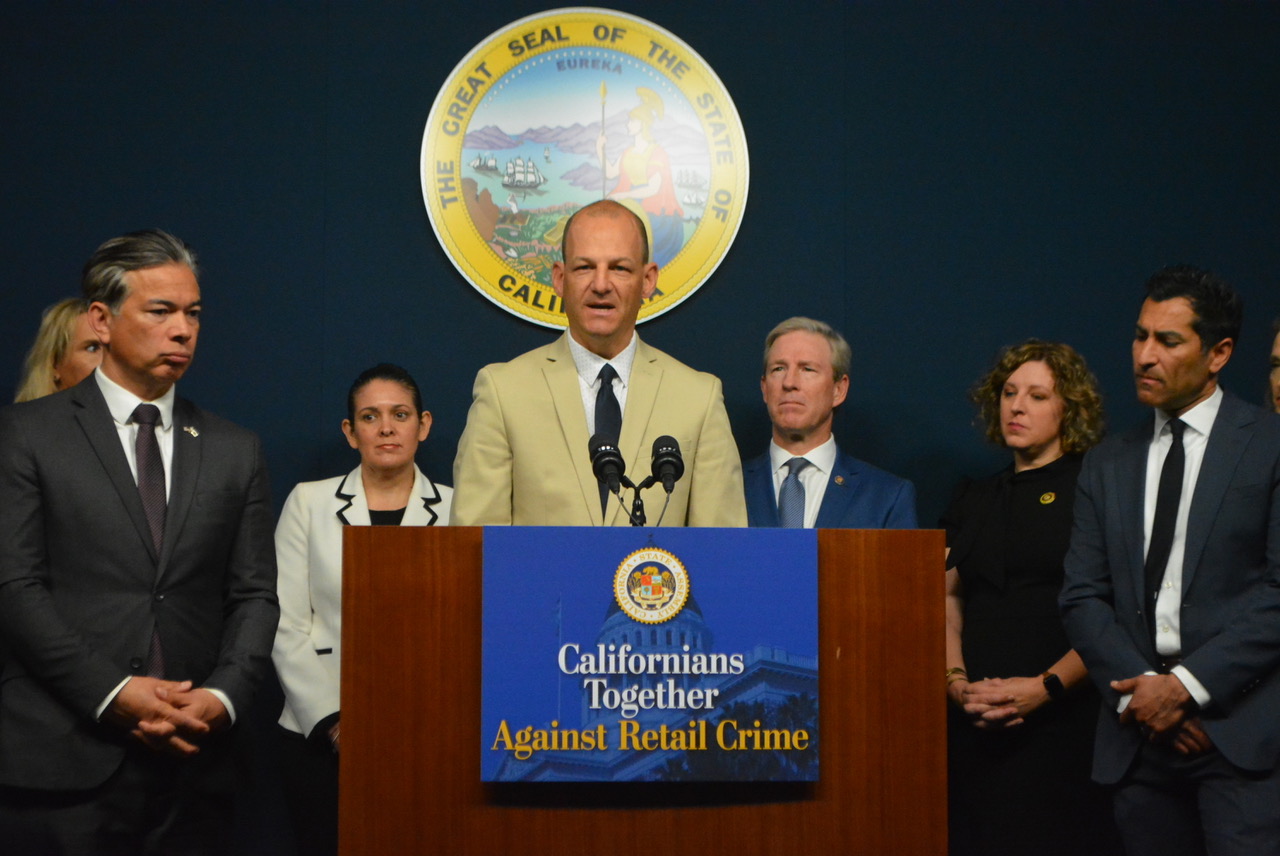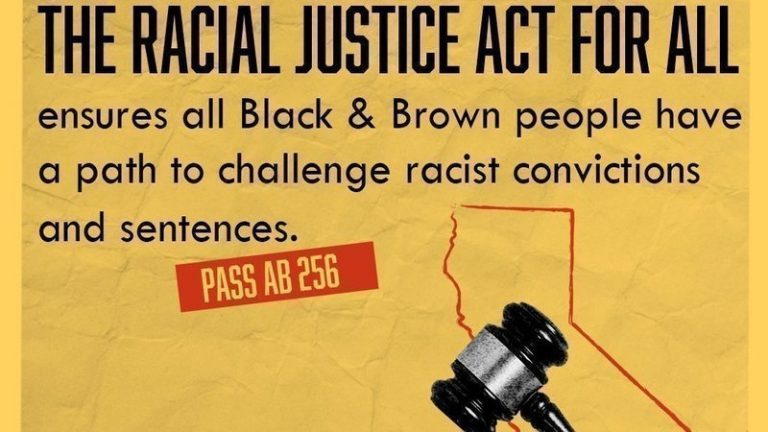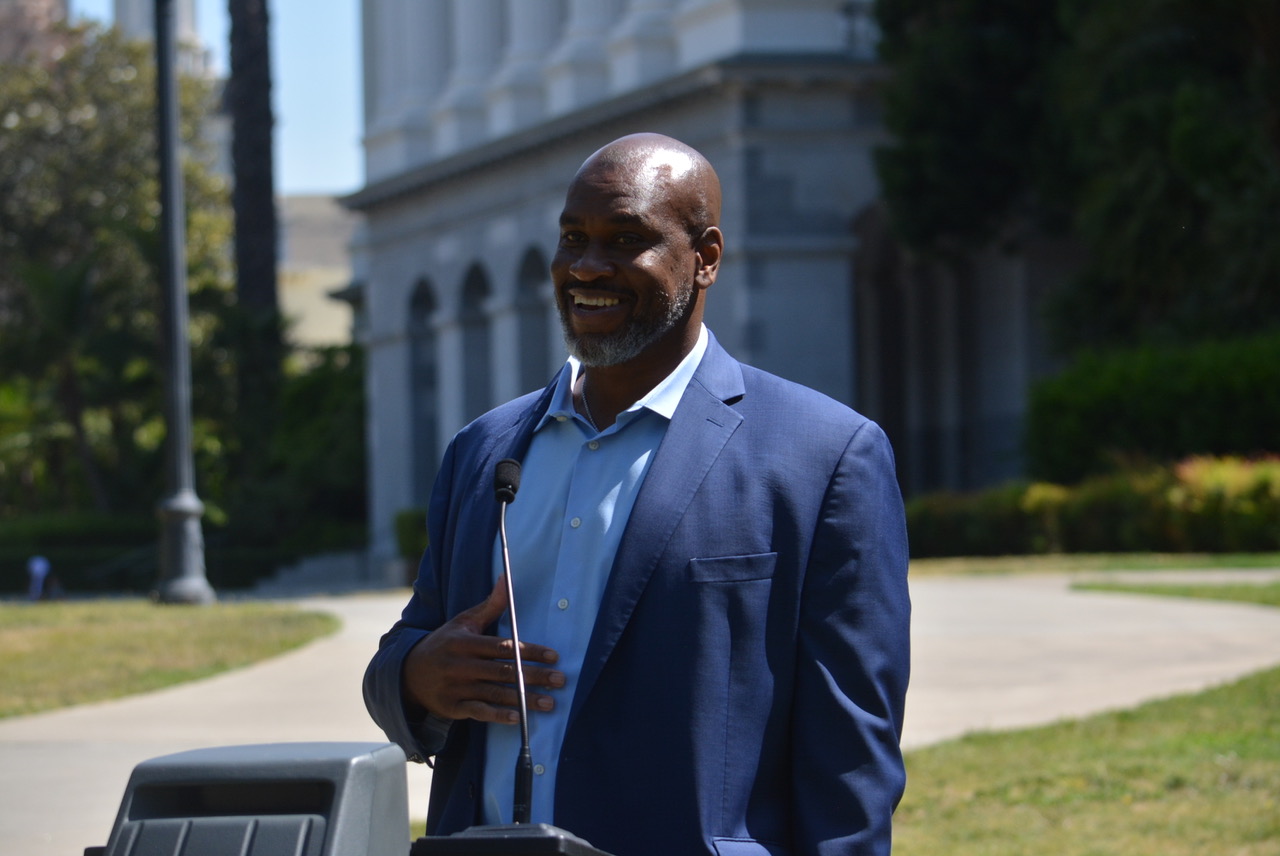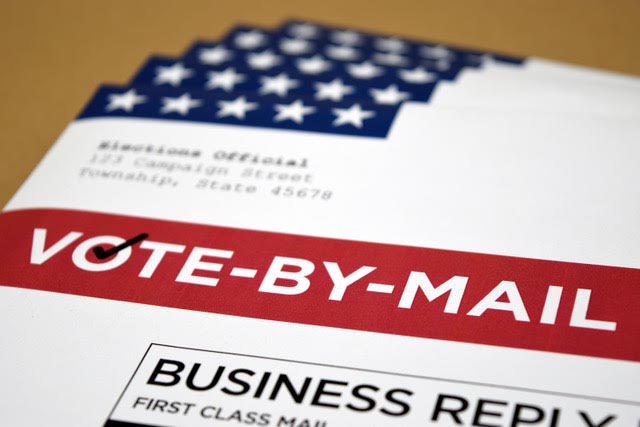
Quinci LeGardye | California Black Media
A difficult year for unemployed Californians is closing out with one more thing for them to worry about.
The California Employment Development Department (EDD) has asked at least 920,000 Pandemic Unemployment Assistance (PUA) recipients to verify their income. Now, some of those Californians who lost their jobs because of the pandemic are concerned that an unclear question the EDD used to determine their income may be coming back to haunt them. Whether it was intentional or an honest mistake, if they received too much money in emergency unemployment payments from the department based on the amount of income they reported, they may now have to pay it back.
EDD began sending out notices on Nov. 21, and the agency has added a page to their website clarifying which documents can be used to verify income. The notice requires workers who received more than the PUA minimum benefit of $167 per week to verify their 2019 income using a copy of a 2019 federal or state tax return document. If they don’t have one, they can send business records, contracts, billing statements or similar records.
If the EDD determines that a person’s net income was less than the amount they reported on the initial PUA application, the person’s benefit will be reduced to reflect their net income, and EDD will seek repayment of the difference between their “current weekly benefit and the decreased benefit amount, for each week you were paid,” according to the notice.
There are now instructions regarding paying back overpayment on the EDD’s website, and repayment plans are available. According to the EDD, PUA claimants will not be required to pay back the $600 federal supplemental compensation or $300 lost wage assistance payments. However, even just paying back the state overpayment would mean a bill of thousands of dollars for some Californians.
According to some gig workers, the confusion comes from the type of income that the EDD requires self-employed workers receiving Pandemic Unemployment Assistance (PUA) to report versus unemployed people who qualified for regular unemployment insurance (UI). PUA, which was created to get COVID-19 relief to gig and contract workers as well as workers who do not qualify for traditional UI,
calculates aid based on net income, or the income someone makes after deducting expenses. UI is based on gross income, or the amount one makes in total.
The difference between gross and net income can be wide for self-employed workers.
Expenses that can be deducted include gas, maintenance or mileage for vehicles used for work, equipment and office supplies, and a percentage of rent for a home office. The large difference between gross and net income can mean that people who reported their gross income for PUA may have received thousands of dollars more in benefits.
This development comes six months after there was widespread confusion and a series of mishaps during the initial rollout of PUA – a period marked by unclear information about how people could sign up for unemployment benefits, which online portal they could use to file their claims and even a state website that crashed. For months, beginning last Spring into the summer, contract workers did not know whether they were even eligible to receive unemployment benefits from the state or the temporary extra $600 per week the federal government provided to help bring relief to people left jobless by the pandemic.
Gig workers say there may have also been confusion among applicants who did not have accurate income information because they had not yet filed their 2019 taxes when the state started receiving PUA applications. This year, both the federal government and California extended their tax filing deadlines to July 15.
“If individuals reported gross wages instead of net income, which is an understandable mistake, it could lead to an overpayment. Under the CARES Act, a PUA overpayment currently cannot be waived,” According to a statement from the EDD.
Even if the California EDD, wanted to forgive the overpayments, they would not be able to. Only the federal government can make that decision because the Coronavirus Aid, Relief and Economic Security (CARES) Act, which established PUA, does not allow states to waive repayment. There is currently a bipartisan bill moving through the U.S. House of Representatives that is proposing repayment waivers if the worker was not at fault for overpayment and if repayment would mean severe economic hardship for that individual.
Across California last month, the state unemployment rate stood at 8.2 % compared to 3.0 % at this same time last year. During the first two months of the pandemic, an estimated 2.6 million Californians lost their jobs.








